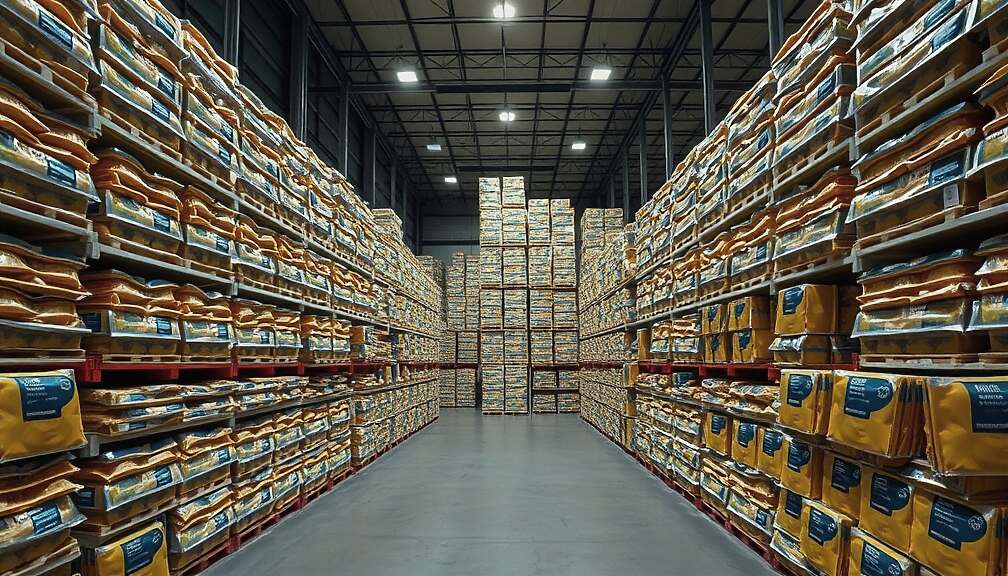Germany is preparing to significantly bolster its national food emergency reserves, according to Federal Minister of Food and Agriculture Alois Rainer. Citing an evolving geopolitical landscape prompting a reassessment of national preparedness, Minister Rainer emphasized the critical importance of food security alongside conventional defense strategies.
Existing emergency food stores, maintained since the 1960s, currently consist primarily of basic ingredients like grains, lentils and powdered milk. However, Minister Rainer outlined a plan to transition towards a “national reserve” of ready-to-eat meals, requiring minimal preparation. He cited examples such as canned pasta and lentils as potential components, highlighting the fundamental need for accessible sustenance in crisis situations.
The initiative is projected to require an investment of approximately 80 to 90 million euros. A key element of the plan involves collaboration with the private sector, particularly large food retailers, leveraging their established supply chains and existing storage infrastructure. Minister Rainer anticipates that this partnership will facilitate a phased transition to the new reserve system, ensuring efficiency and scalability. The aim is to create a robust and readily available food supply capable of addressing potential disruptions caused by both conflict and other large-scale crises.












